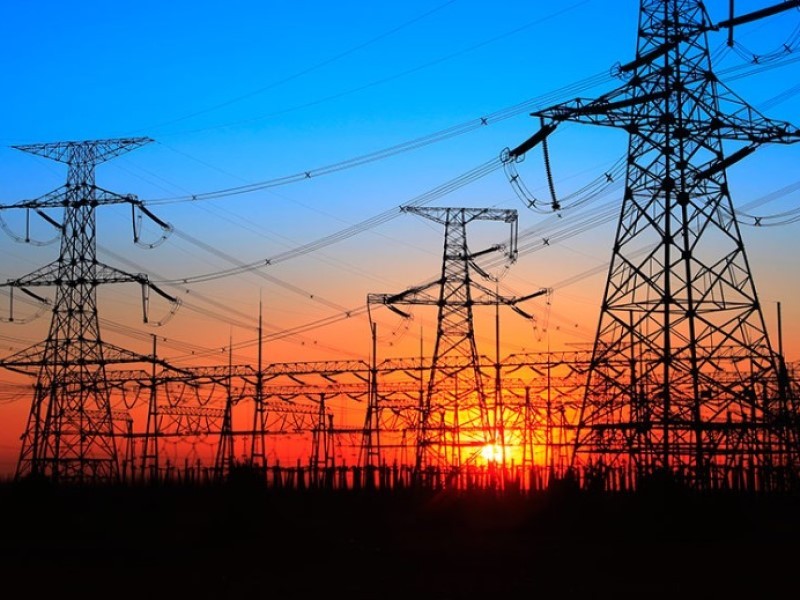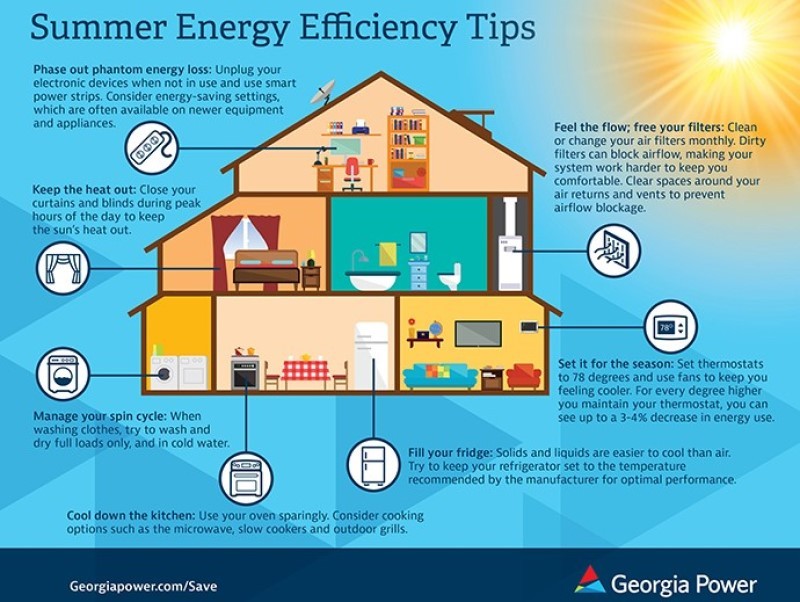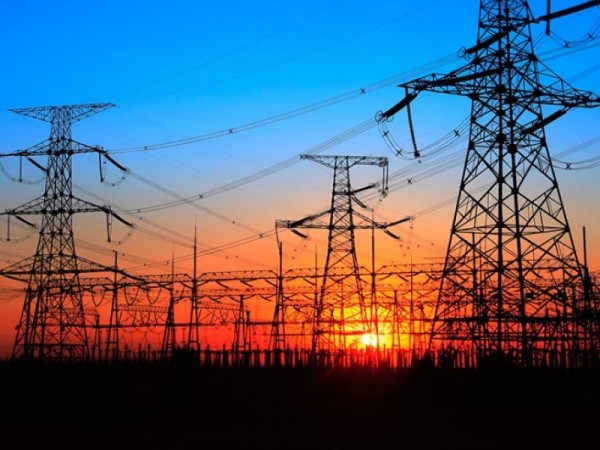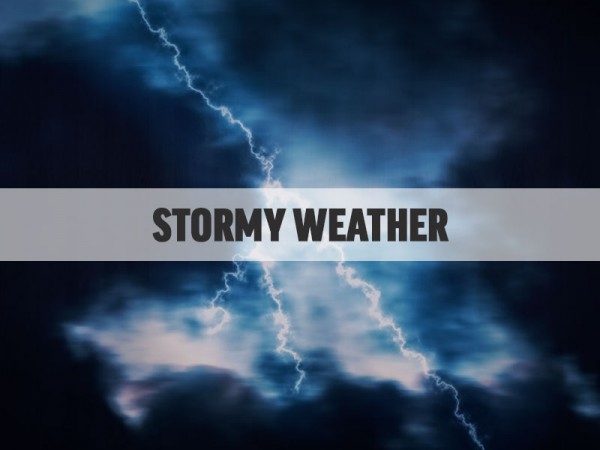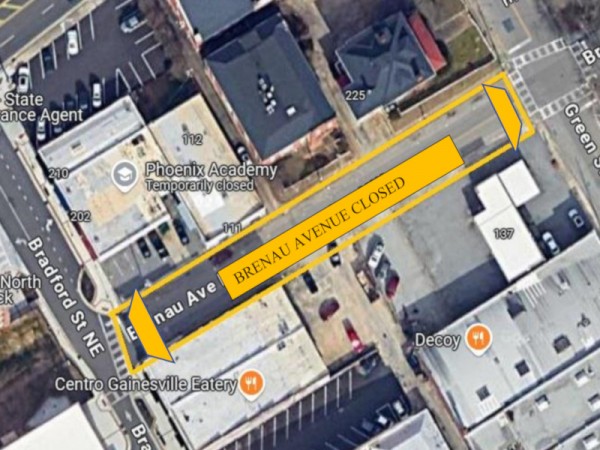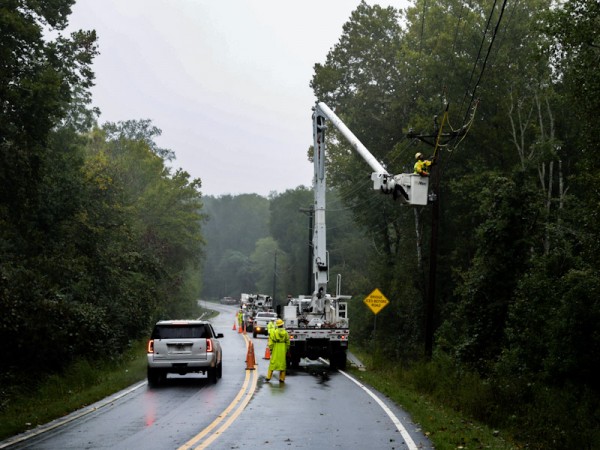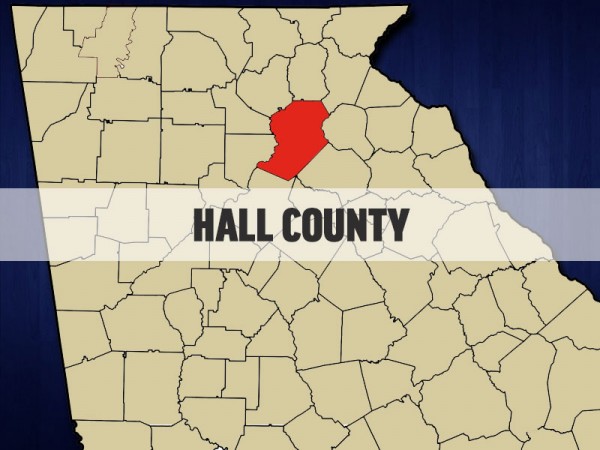With record-breaking heat already settling in, Georgia energy officials are touting how they work to ensure the state's power grid can deal with the strain.
"We've got a very good track record," said Tim Echols, Vice-Chair of the Georgia Public Service Commission. "The Southern Company who own the systems in Georgia, Alabama, [and] Mississippi have not shed any load since 1976, meaning they haven't had these rolling brownouts since 1976. That's not the case for state by California and others."
Like many states, Georgia has what is known as a "reserve margin," which is power that can be accessed and utilized quickly during times of high demand on infrastructure. Georgia's advantage is a long list of options that the state can pull from to ensure the integrity of the system.
Echols told AccessWDUN this includes hydroelectric dams, including many in North Georgia.
"Starting at Lake Burton going all the way down to Lake Yona, all of those dams can be triggered within seconds to start generating power," Echols explained. "It's called dispatchable power, and we have a lot of it."
In addition to these options, the state also has nearly 50 large customers who sign on to get lower rates in return for curtailing their service during high-demand periods. Echols stressed that they warn the customers at least 24 hours in advance if they have to restrict the service.
The state implemented many new policies following a polar vortex in 2014. Echols explained that they began testing different scenarios and adjusting scheduled grid maintenance for times when the weather was milder.
There are many ways that Georgians can reduce their energy usage, from attic insulation to getting a smart thermostat and signing up for the temp check program, which allows Georgia Power to pre-cool your home and then turn off the A/C for 15 minutes.
"They don't cut the power on your entire house; it's just the AC through your smart thermostat. Most customers don't even know that it happened," Echols explained. "It's a way that you can help our grid by being available to have a smart thermostat and to be able to utilize your house and demand response."
He also said that if you're planning to live in your home for at least the next ten years, then you could consider adding solar panels to help your electric bill and the power grid.


